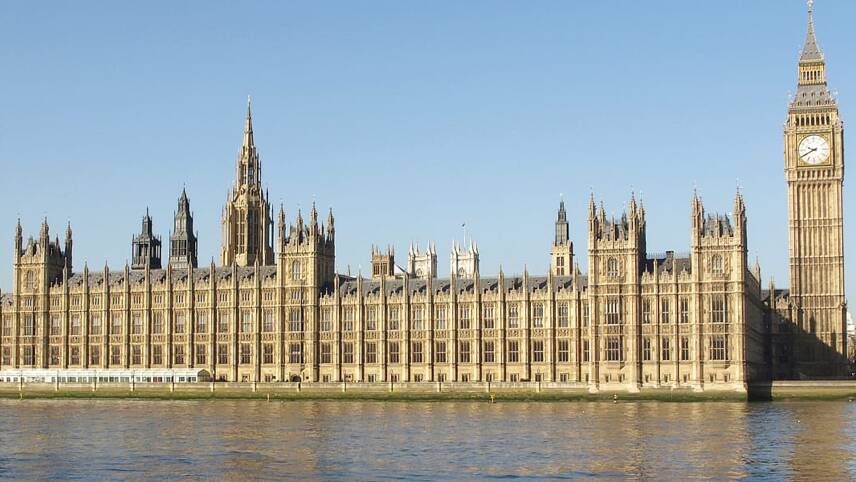You’ve reached your limit!
To continue enjoying Utility Week Innovate, brought to you in association with Utility Week Live or gain unlimited Utility Week site access choose the option that applies to you below:
Register to access Utility Week Innovate
- Get the latest insight on frontline business challenges
- Receive specialist sector newsletters to keep you informed
- Access our Utility Week Innovate content for free
- Join us in bringing collaborative innovation to life at Utility Week Live

Re-nationalising the water industry is necessary to make a meaningful attempt to decarbonise the country by 2030, according to the shadow minister for fisheries, flooding and water.
In an article in House – parliament’s magazine – Luke Pollard described the sector as “one of the most carbon intensive industries we have” in a rallying cry to use water more efficiently.
“We’ve found ourselves in a position where our infrastructure is old, dilapidated and inefficient. Then we’re stuck with an ownership model which disincentivises taking action to solve this. And now we’re facing a climate crisis. We must do things differently,” Pollard said.
Pollard, who is the Labour and Cooperative MP for Plymouth Sutton and Devonport, said taking the water companies back into public ownership was “an environmental necessity”, not “an ideological stance” to tackle the climate emergency.
He criticised the model of water ownership for discouraging companies from taking meaningful action on leakage because it is “in the water companies’ interests for people to be using as much water as possible”.
The water company that serves Pollard’s constituency, South West Water, hit back at his claims and said it plans to spend nine billion pounds protecting the environment and improving services in the coming decade.
The company cited the improvements it is continuing to make through investment to justify the sector’s existing ownership model.
South West said it is a “proud champion” of the interests of its region and invests accordingly in clean water and beaches.
“The region now has some of the cleanest bathing waters in Europe, after a massive clean-up to meet new environmental standards that the previous municipally-run authority couldn’t afford to meet”.
Labour named the water sector as its first target for nationalisation at its party conference in 2018. The opposition party has pledged to address rises in bills and to reduce leakage with wholesale public ownership.
Pollard said a Labour government would act on leakage by“fixing hundreds of thousands of leaky loos and fitting efficient taps and showers, to water efficient white goods and a water equivalent of the Energy Performance Certificate for homes, with a minimum acceptable standard”.
South West, for which Pollard previously worked as a contractor, called leakage a “top priority” for the company and its customers.
“Our leakage levels have halved since privatisation and we have met or exceeded our leakage target every year. In 2018 we also reduced the average time it takes to fix significant leaks.”
The company said it invested in technologies to find and fix leaks faster. These include the use of satellite imagery, infra-red camera equipment and drones; ground penetrating radar; acoustic loggers; and increasing monitoring and inspection of large diameter mains across its large, rural network.
He described previously working at South West Water and the impact that cleaning the beach had on customers’ bills and rising water poverty in the area.
The company has a customer satisfaction rating of 93 per cent and said its written complaints are at their lowest ever level.
“We are one of the most efficient companies in the industry. Since the start of our current business plan in 2015, we’ve reduced our costs by £159 million, helping to keep bills down.”
South West Water was one of three companies awarded fast track status by Ofwat for its PR19 Draft Determinations. Its business plan was written following a customer consultation, which showed a public approval rating of at least 88 per cent for its plans.




Please login or Register to leave a comment.